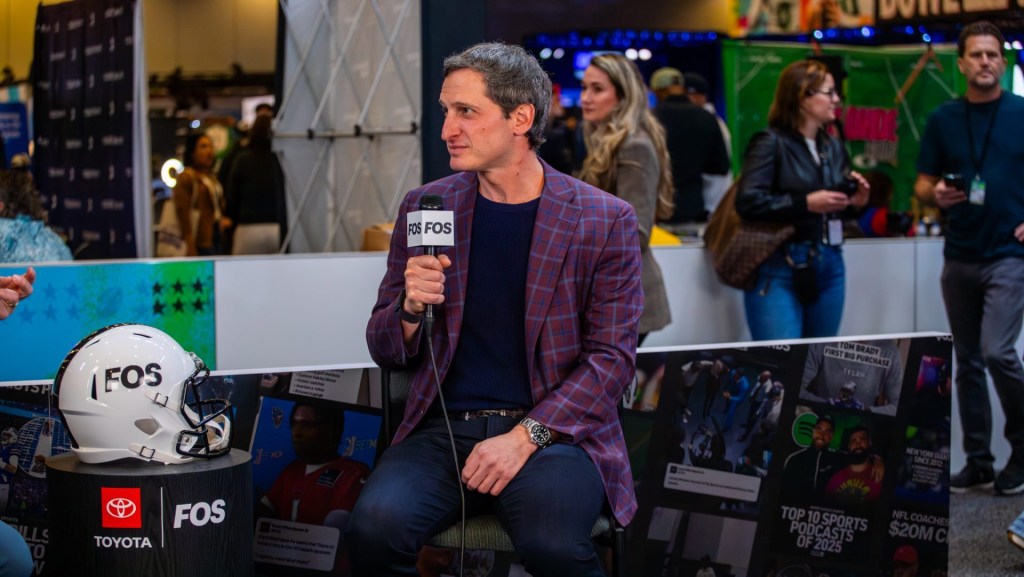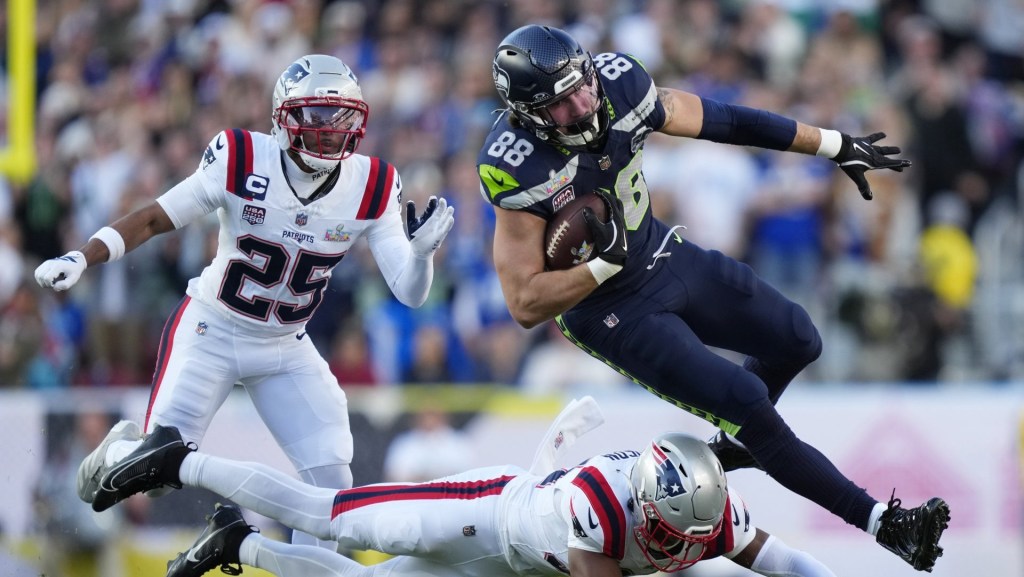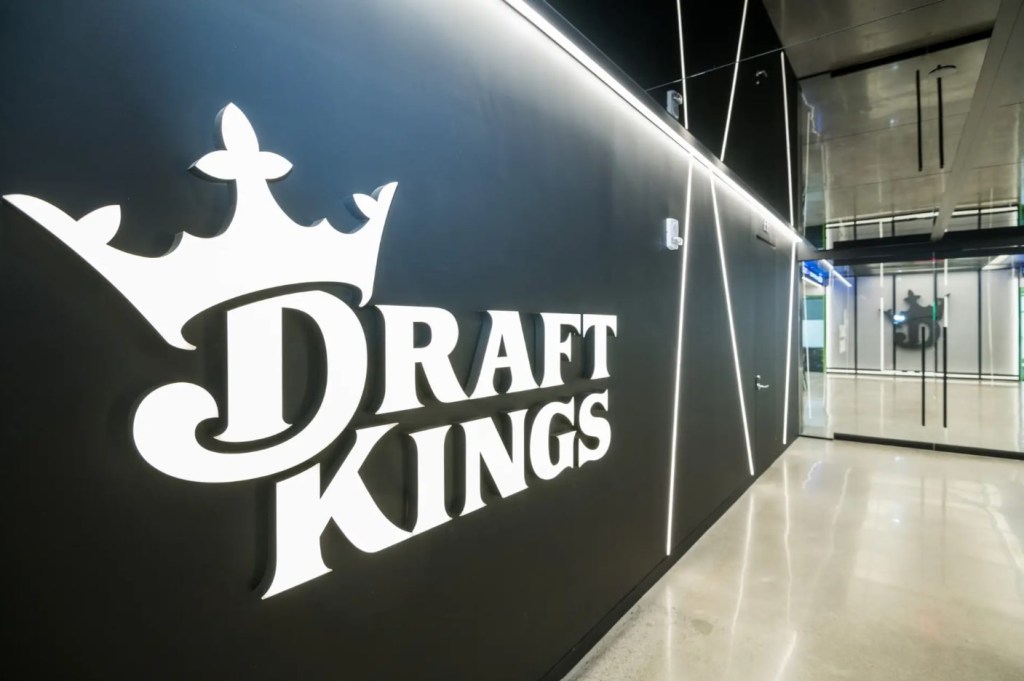Nevada’s gaming regulator warned sports betting operators last month that it considers sports-prediction markets to be illegal gambling, and it threatened to take action if companies offer sports event contracts without approval.
On Wednesday, it made good on that promise.
The Nevada Gaming Control Board issued a pointed statement in response to FanDuel and DraftKings each revealing plans to launch prediction-markets platforms—FanDuel Predicts will come online next month, while DraftKings Predictions is expected to be live “in the coming months” and potentially before the end of the year.
“It has been made clear to the Board that Flutter Entertainment/FanDuel and DraftKings intend to engage in unlawful activities related to sports event contracts,” the regulator said. “This conduct is incompatible with their ability to participate in Nevada’s gaming industry.”
Both companies intend to focus their prediction-markets plans on U.S. states where online sports betting is not legal, such as Texas, California, and Georgia. FanDuel specifically said users will be able to use the new app only if they are not on tribal lands. Nevada’s rules for online betting are burdensome; operators must register with the state and partner with a licensed land-based casino, and customers are required to complete their initial account verification in person.
Curiously, the regulator’s statement wasn’t about levying fines or outright blocking operations. Instead, it was announcing it had accepted application withdrawals from both companies.
Unlike rivals such as Caesars and BetMGM, FanDuel and DraftKings are not currently licensed to offer retail or mobile sports betting in Nevada, with both companies having withdrawn or never pursued the necessary state approvals.
Neither has a significant presence in the state—FanDuel was licensed to operate a retail sportsbook at the Fremont Hotel & Casino under a partnership with Boyd Gaming, but Boyd took over management of that location through a deal announced in July. DraftKings, meanwhile, has a 90,000-square-foot office in Las Vegas but does not operate any retail or online sportsbooks.
In response to the regulator’s fiery statement, a FanDuel spokesperson said Wednesday that while the company is “enthusiastic about expanding [its] presence in Nevada, our views of the current opportunity for prediction markets outside of regulated states are unfortunately in direct opposition to Nevada’s priorities for its licensed operators.”
“We look forward to resuming our Nevada efforts in the future as circumstances allow,” the spokesperson said.
Jen Aguiar, chief compliance officer for DraftKings, said “prediction markets are federally regulated by the Commodity Futures Trading Commission,” and “we remain dedicated to working collaboratively with regulators to uphold the highest standards of integrity in our operations.”
Aguiar hit on a key point in the prediction-markets battle. Industry players claim the offerings are legal because they are federally regulated by the CFTC. But Nevada’s gaming regulator has been trying to keep prediction markets out of the state for the better part of the year. In March, it ordered Kalshi to cease operating in the state. In response, Kalshi sued the regulator, and in April notched a preliminary victory when a judge ruled Kalshi could continue offering sports event contracts while the case remains ongoing.
The Nevada Gaming Control Board has also issued cease-and-desists to companies including Crypto.com and Robinhood, both of which offer prediction-markets products. Each of those companies also sued the regulator; last month, in the Crypto.com case, the same judge who ruled in favor of Kalshi issued a ruling in the opposite direction, saying he would not prohibit the regulator from taking action, for now. No major rulings have been made yet in the Robinhood case, which was filed in August.
Nevada—once the undisputed sports betting capital of the U.S.—is working to maintain its prominence amid growing competition. Since the 2018 U.S. Supreme Court ruling that opened the door to sports betting nationwide, 38 states and Washington, D.C., now permit some form of sports wagering, and 30 states offer online betting. The rise of prediction markets represents another challenge to Nevada’s regulatory dominance.
Sports betting volume in the state has fluctuated in recent years. After dipping to $4.3 billion in 2020 during the COVID-19 pandemic, wagers rebounded to $8.2 billion in 2021 and $8.7 billion in 2022, before falling slightly to $8.3 billion in 2023 and $7.9 billion last year, according to the UNLV Center for Gaming Research.
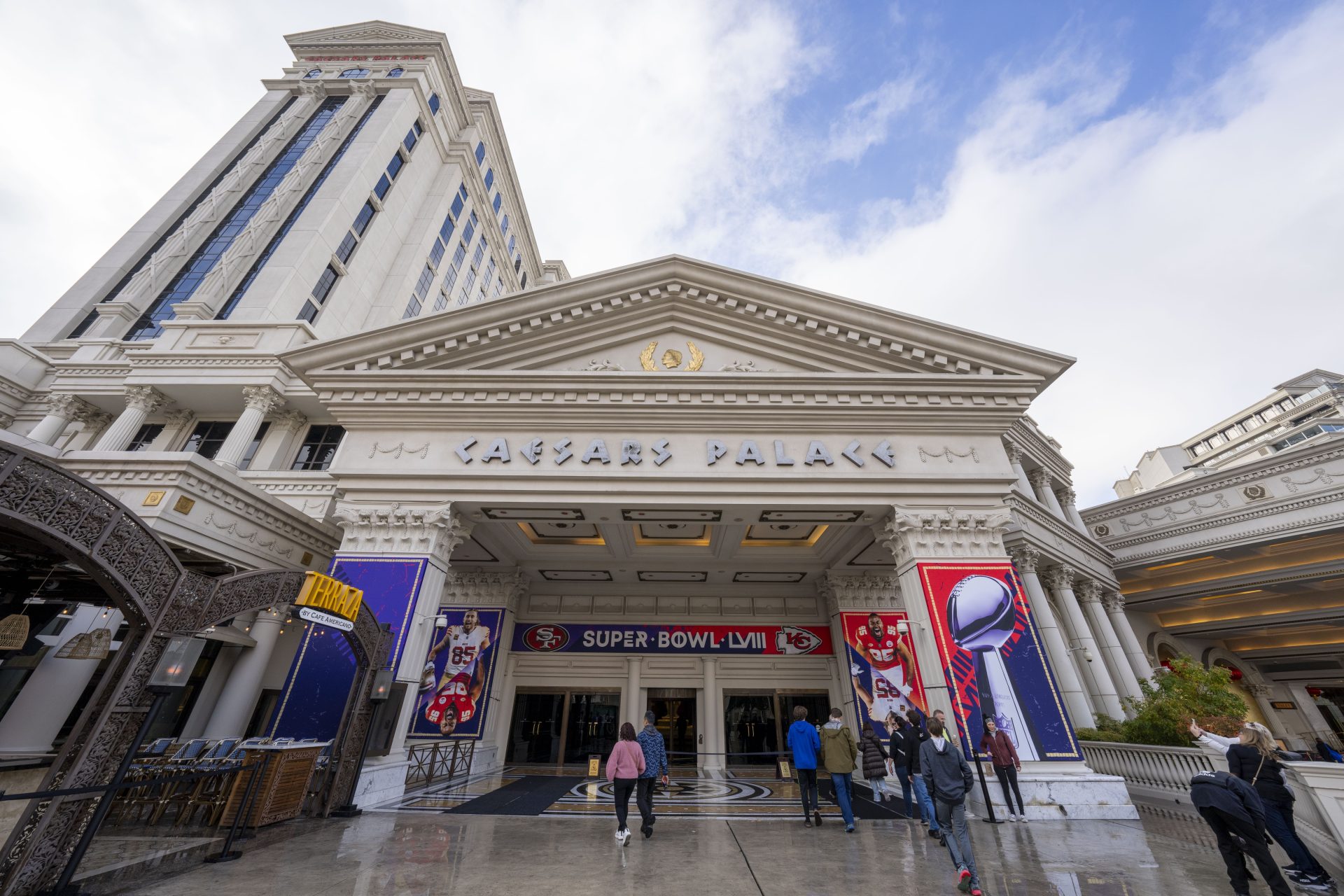

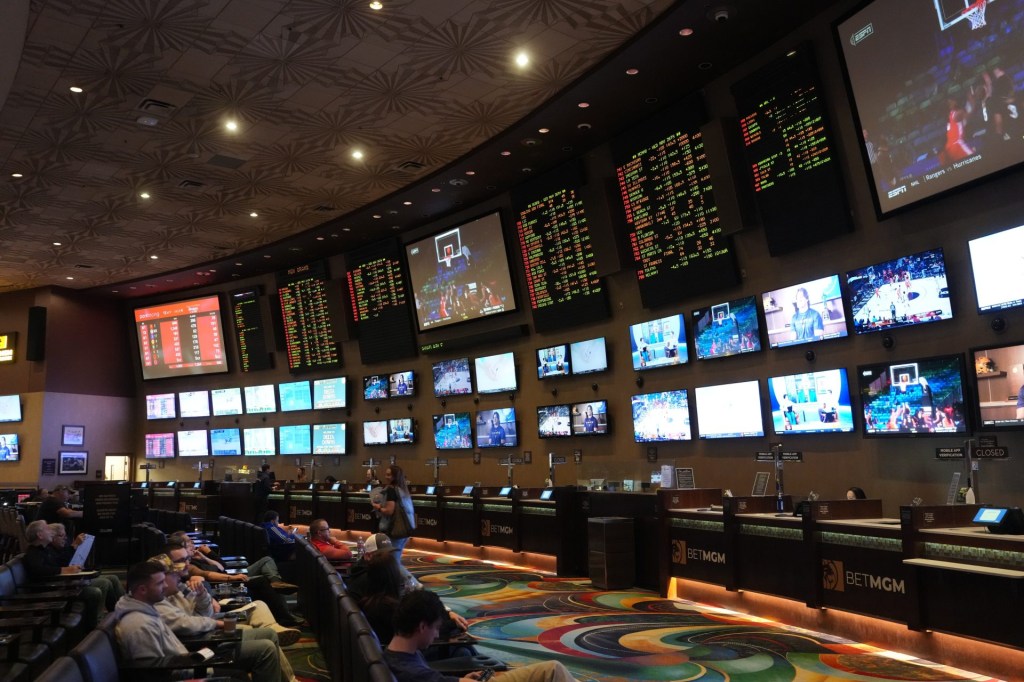
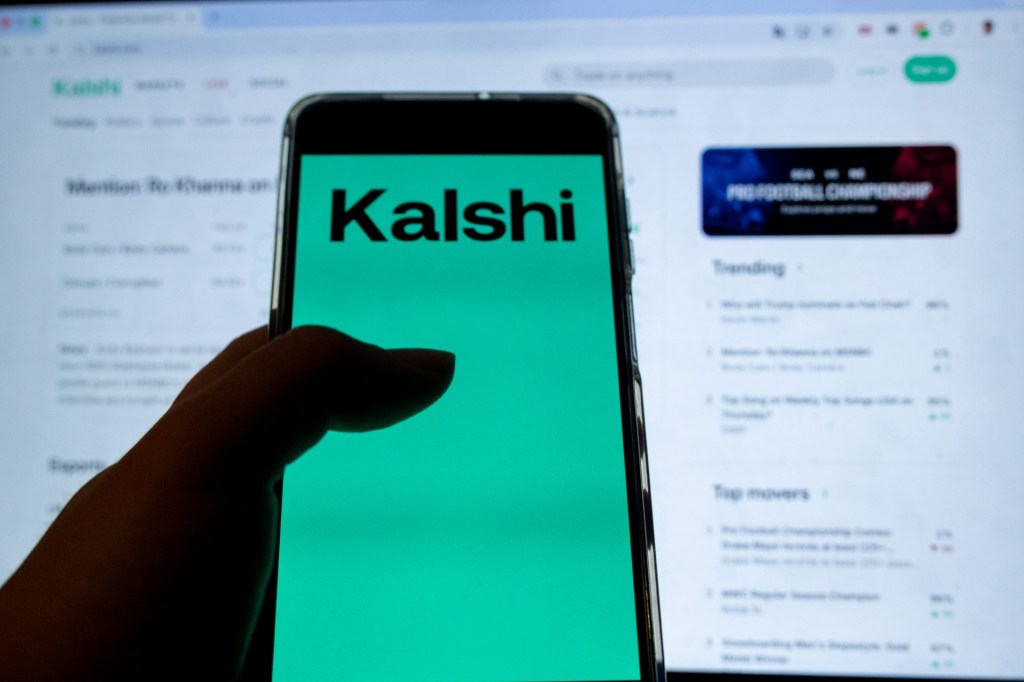

![[Subscription Customers Only] Jul 13, 2025; East Rutherford, New Jersey, USA; Chelsea FC midfielder Cole Palmer (10) celebrates winning the final of the 2025 FIFA Club World Cup at MetLife Stadium](https://frontofficesports.com/wp-content/uploads/2026/02/USATSI_26636703-scaled-e1770932227605.jpg?quality=100&w=1024)



![ESPN Bet broadcasts inside the PGA Tour Studios building in Ponte Vedra Beach, Florida, on March 14, 2025. [Clayton Freeman/Florida Times-Union]](https://frontofficesports.com/wp-content/uploads/2026/02/USATSI_25668497_168416386_lowres-1-scaled.jpg?quality=100&w=1024)
